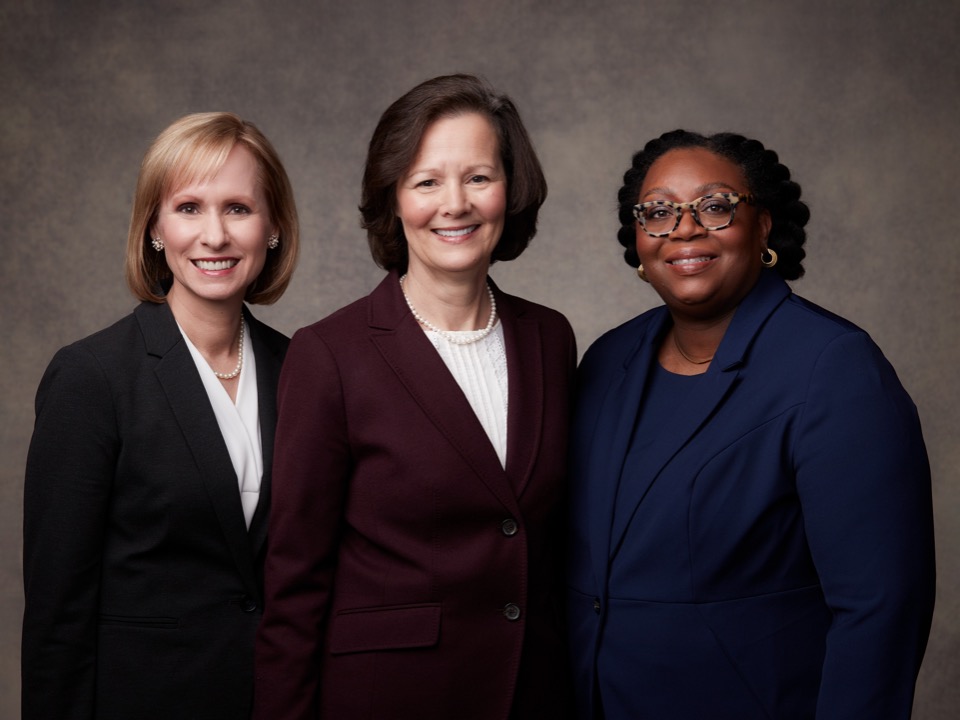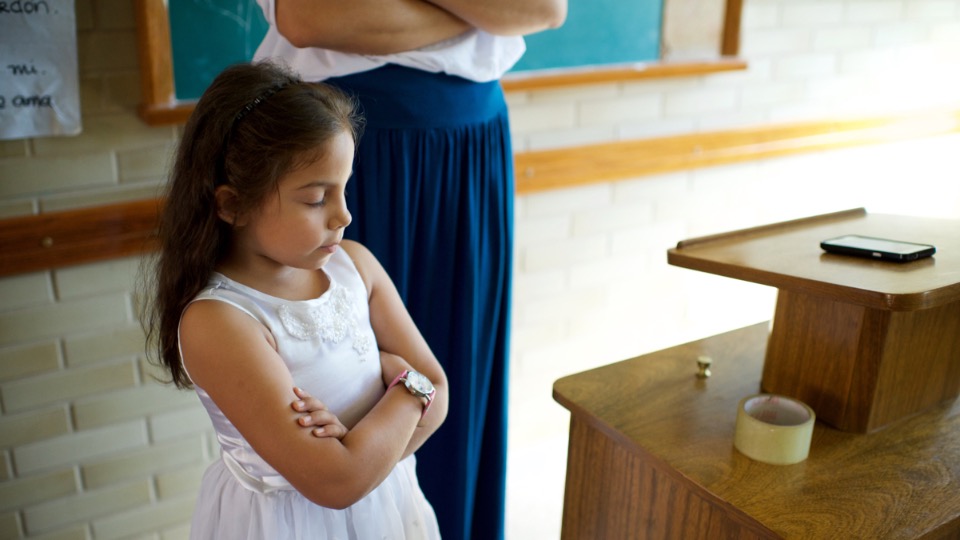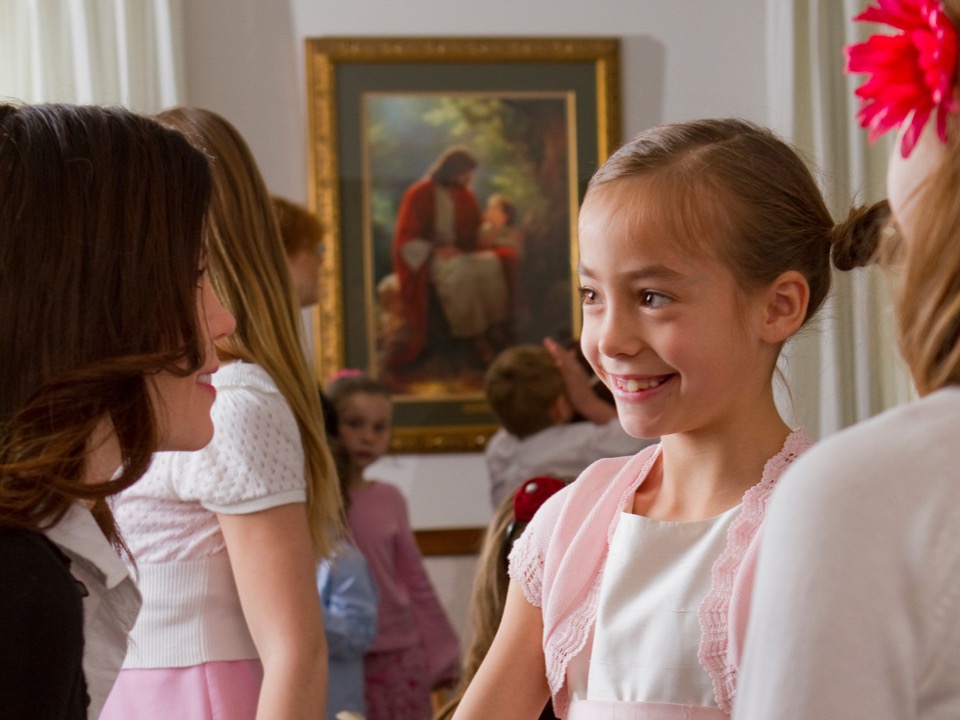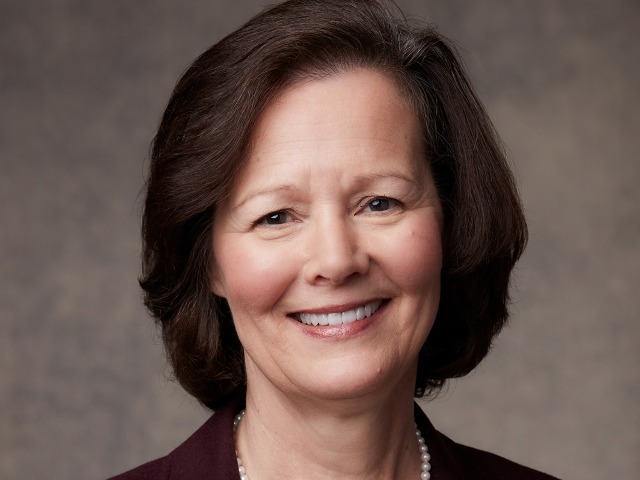
This story appears here courtesy of TheChurchNews.com. It is not for use by other media.
By Sydney Walker, Church News
After serving as First Counselor in the Primary General Presidency since April 2021, President Susan H. Porter will begin her service as the Primary General President on August 1.
For the last year she has counseled with Primary General President Camille N. Johnson and Sister Amy A. Wright, Second Counselor in the presidency, about how to invite children to act on the covenants they make at baptism.
Now with Sister Wright as her First Counselor and Sister Tracy Y. Browning as her Second Counselor, she will continue to seek inspiration with her presidency on how to empower children to contribute as members of the Lord’s Church.
President Porter recently joined the Church News podcast and highlighted three things she wants Primary leaders worldwide to know.
1. Children Who Are Baptized Are Members of The Church
After they are baptized, children are confirmed members of The Church of Jesus Christ of Latter-day Saints — meaning Heavenly Father views them as official members. “That is not only an invitation for them to prayerfully consider, ‘How can I serve as a member of the Church?’ but also on us as leaders and adults, what are we inviting them to do?” President Porter said.
She pointed to a statement in the General Handbook as one of many possible ways children can serve: “Any baptized Church member may offer an opening or closing prayer” (see General Handbook 29.6)
A few weeks ago, President Porter was sitting in a sacrament meeting in which the opening prayer was given by a Primary-age boy. She listened as he expressed gratitude in his prayer for the opportunity to partake of the sacrament and gather together to worship. “As he closed that prayer I thought, ‘That boy has felt the Spirit of the Lord,’” she said.
Inviting the boy to honor his covenants by offering a prayer has allowed the Spirit to connect him with serving in the Lord’s Church, President Porter said. “And what a profound and important connection to make. We can invite those who have made covenants to participate in this Church so they can receive His Spirit through that service.”
In some wards, bishoprics have invited 10-year-old Primary children to give talks in sacrament meeting. And in some Primaries, ward Primary presidencies have invited older children to sit with young children during Singing Time, helping them learn the songs.

502c243ac027beb14bbd07c8be768ca6e8bda16e.jpeg
A young girl prays in Primary. © 2022 by Intellectual Reserve, Inc. All rights reserved.
“This has just elevated our Primary children, helping them realize ‘I can contribute,’ and ‘I am part of The Church of Jesus Christ of Latter-day Saints,’” President Porter said.
These ideas are not new programs, she added. “We're simply inviting leaders to seek inspiration for their local units.”
2. Your Calling Is a Calling to Minister
An update to the General Handbook in July 2021 added the word “ministering” to Primary leaders’ roles. For example, section 12.3.5 now says of Primary teachers and nursery leaders: “These members are called to teach and minister to specific age-groups of children.”
“When we are called to serve in Primary, it extends beyond that time we spend with them in class,” President Porter said. “We have the opportunity to pray for them, to get to know them, to perhaps communicate with their parents about how best we can support them.”
Serving in Primary can have a life-changing impact not only on the children but also on the leaders. “And I think the more we have that vision — that it’s also a calling to minister to the children — it will help that calling become so much richer for us,” she said.
Recognizing the many physical, emotional and spiritual challenges children face worldwide, President Porter turned to President Russell M. Nelson’s October 2020 general conference talk about building places of security (see “Embrace the Future with Faith”).
“In today’s world, more than ever before, our children need places of security,” she emphasized. “They need places where they feel loved by us and by Heavenly Father, places where they belong, where they’re heard, where they’re taught and where they’re safe. And from that place of security, they can serve without fear.”

3. You Have Access to Priesthood Power and Authority
President Porter said she has pondered more deeply about priesthood power and priesthood authority since President Nelson’s October 2019 general conference talk titled “Spiritual Treasures.” He taught that priesthood power flows to all who keep their covenants, and priesthood authority is given to those who are set apart to serve in a calling under the direction of one who holds priesthood keys.
“I think of the impact that women across the Church could have,” President Porter said, “if with each calling that came to them — as a Primary teacher, as a Young Women leader — [they] can have profound influence on those they teach and minister to, when they speak and act under inspiration of God through that priesthood authority, bringing souls to Christ, changing hearts.”
Copyright 2022 Deseret News Publishing Company.

